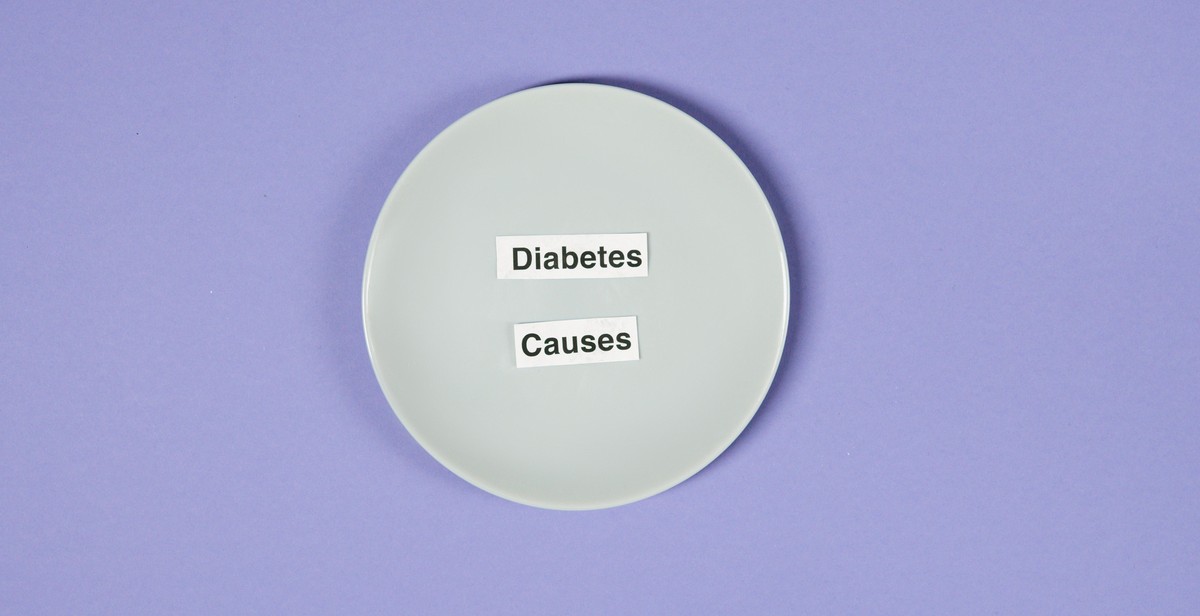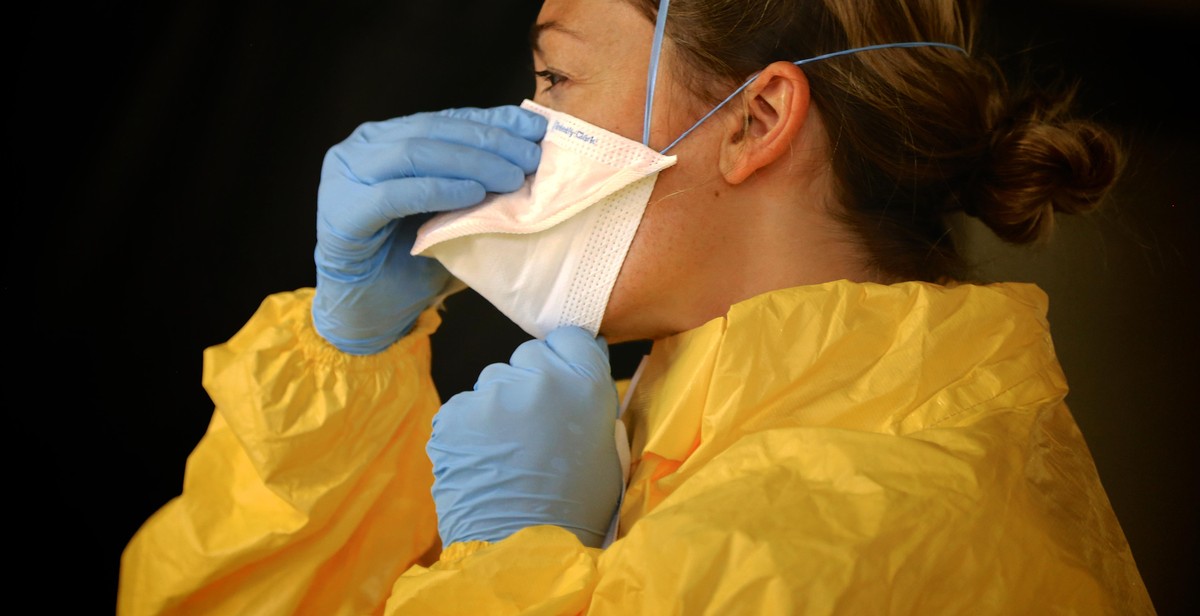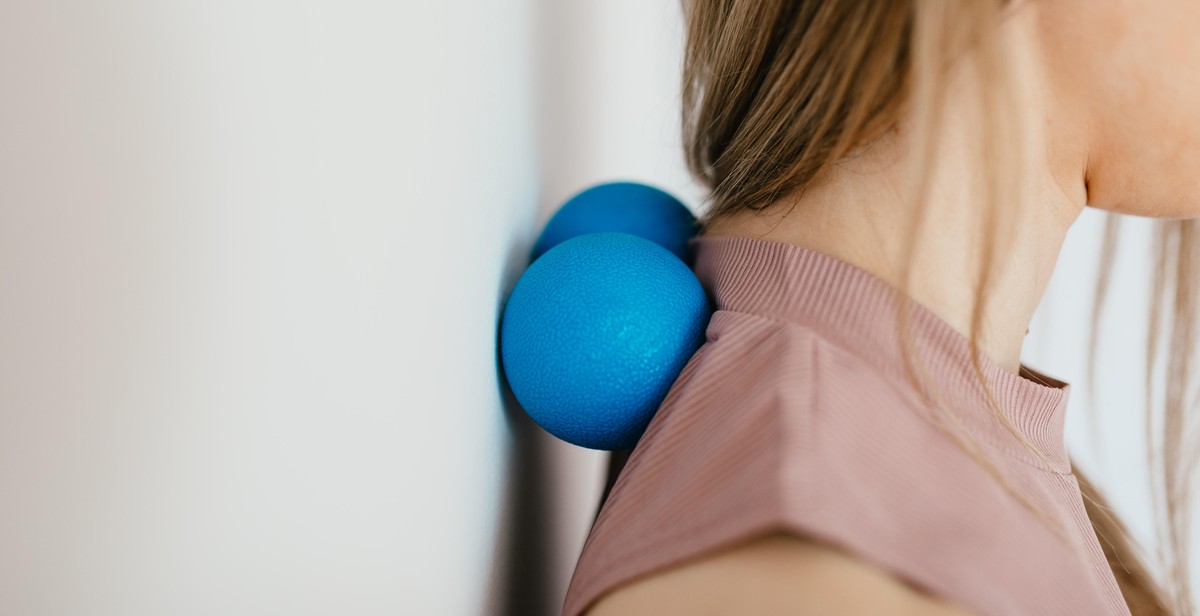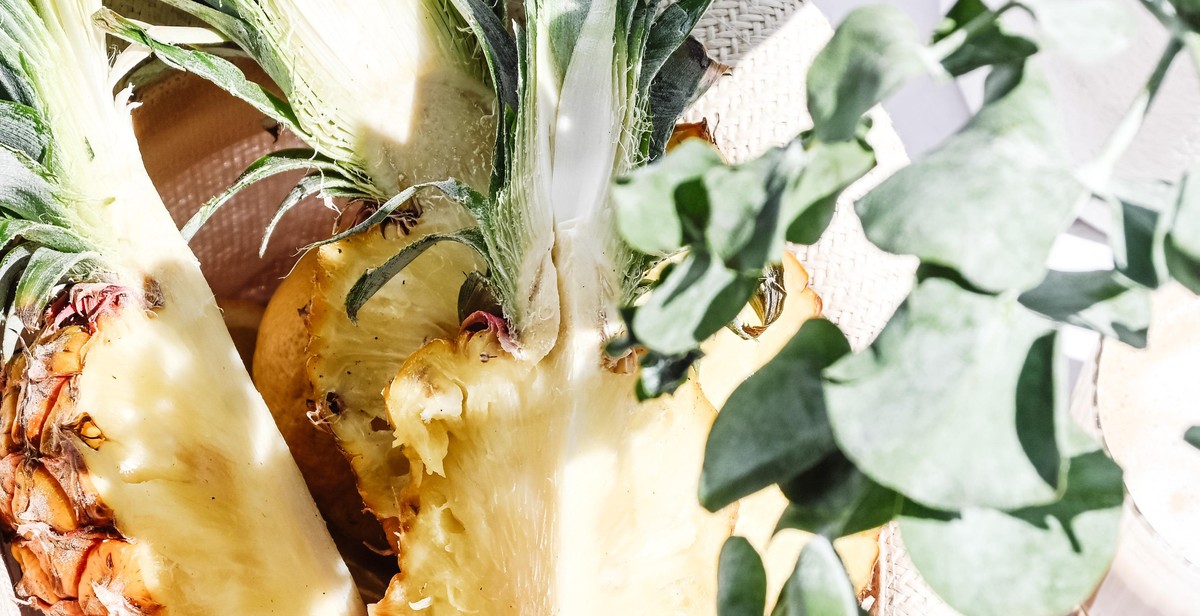How to Prevent and Treat Dandruff for a Healthy Scalp
Dandruff is a common scalp condition that affects many people around the world. It is a condition that causes the skin on the scalp to flake and shed, causing itching and irritation. While dandruff is not a serious health condition, it can be embarrassing and uncomfortable.
What is Dandruff?
Dandruff is a condition that affects the scalp, causing it to become dry, itchy, and flaky. It is a common condition that affects people of all ages, but it is more common in adults. Dandruff can be caused by a variety of factors, including dry skin, oily skin, and fungal infections.
Some of the common symptoms of dandruff include white flakes on the scalp and hair, itching, redness, and a dry or greasy scalp. While dandruff is not a serious health condition, it can be embarrassing and uncomfortable.
Preventing Dandruff
Preventing dandruff involves taking care of your scalp and hair. Some of the things you can do to prevent dandruff include:
- Washing your hair regularly with a mild shampoo
- Avoiding harsh hair products
- Brushing your hair regularly to stimulate the scalp
- Eating a healthy diet that is rich in vitamins and minerals
- Managing stress levels
Treating Dandruff
If you are already experiencing dandruff, there are several things you can do to treat it. Some of the common treatments for dandruff include:
- Using medicated shampoos that contain ingredients like salicylic acid, coal tar, or ketoconazole
- Applying topical creams or ointments to the affected area
- Using natural remedies like tea tree oil, aloe vera, or apple cider vinegar
It is important to note that dandruff can be a recurring condition, and it may take some trial and error to find the right treatment that works for you. However, with proper care and treatment, you can manage dandruff and enjoy a healthy, flake-free scalp.

Causes of Dandruff
Dandruff is a common scalp condition that causes flaking, itching, and irritation. While the exact cause of dandruff is not fully understood, there are several factors that can contribute to its development. Here are the most common causes of dandruff:
Dry Skin
Dry skin is one of the most common causes of dandruff. When the skin on your scalp becomes dry, it can start to flake and shed, leading to dandruff. This can be exacerbated by cold weather, low humidity, and frequent washing with hot water.
Seborrheic Dermatitis
Seborrheic dermatitis is a condition that causes red, itchy, and scaly skin. It can occur on the scalp, face, or other parts of the body. When seborrheic dermatitis affects the scalp, it can cause dandruff. The exact cause of seborrheic dermatitis is not known, but it is thought to be related to an overgrowth of yeast on the skin.
Fungal Infections
Fungal infections can also cause dandruff. Malassezia is a type of fungus that is found on the scalp of most people. However, in some people, it can overgrow and cause dandruff. Fungal infections can be exacerbated by warm and humid weather, sweating, and using oily hair products.
Not Shampooing Enough
Not shampooing your hair enough can also contribute to the development of dandruff. When you don’t wash your hair regularly, oils and dead skin cells can build up on your scalp, leading to dandruff. It’s important to find a balance between washing your hair too much and not enough.
Using Harsh Hair Products
Using harsh hair products, such as hair sprays, gels, and styling creams, can also contribute to the development of dandruff. These products can irritate the scalp and cause it to become dry and flaky. It’s important to choose hair products that are gentle and non-irritating to the scalp.
| Causes | Factors |
|---|---|
| Dry Skin | Cold weather, low humidity, frequent washing with hot water |
| Seborrheic Dermatitis | Overgrowth of yeast on the skin |
| Fungal Infections | Warm and humid weather, sweating, using oily hair products |
| Not Shampooing Enough | Build-up of oils and dead skin cells on the scalp |
| Using Harsh Hair Products | Irritation of the scalp, dry and flaky skin |

Preventing Dandruff
Dandruff is a common scalp condition that affects many people. It is characterized by flakes of dead skin on the scalp and can be embarrassing and uncomfortable. Fortunately, there are steps you can take to prevent dandruff from occurring in the first place. Here are some tips:
Wash Your Hair Regularly
One of the most important things you can do to prevent dandruff is to wash your hair regularly. This helps remove dead skin cells and excess oil from your scalp, which can contribute to dandruff. However, be careful not to overwash your hair, as this can also strip your scalp of its natural oils and lead to dryness and irritation.
Use a Gentle Shampoo
When washing your hair, be sure to use a gentle shampoo that is free of harsh chemicals and fragrances. Look for products that are specifically designed for sensitive scalps or that contain ingredients like tea tree oil or salicylic acid, which can help exfoliate the scalp and prevent dandruff.
Avoid Harsh Hair Products
In addition to using a gentle shampoo, you should also avoid using other hair products that can irritate your scalp and contribute to dandruff. This includes products like hairspray, gel, and mousse, which can clog your hair follicles and lead to buildup on your scalp.
Eat a Balanced Diet
Your diet can also play a role in preventing dandruff. Make sure you are eating a balanced diet that includes plenty of fruits, vegetables, and whole grains, as well as lean proteins like fish and chicken. These foods contain essential vitamins and minerals that can help keep your scalp healthy and prevent dandruff.
Manage Stress
Finally, stress can also contribute to dandruff. When you are stressed, your body produces more oil, which can lead to an overgrowth of yeast on your scalp and the development of dandruff. To prevent this, try to manage your stress levels through activities like exercise, meditation, or deep breathing.
By following these tips, you can help prevent dandruff and keep your scalp healthy and comfortable.

Treating Dandruff
Dandruff can be an annoying and embarrassing condition, but luckily there are a variety of treatment options available to help manage it. These treatments can be broken down into three main categories: over-the-counter dandruff shampoos, prescription medications, and home remedies.
Over-the-Counter Dandruff Shampoos
One of the most common ways to treat dandruff is by using over-the-counter dandruff shampoos. These shampoos typically contain one of two active ingredients: zinc pyrithione or salicylic acid. Zinc pyrithione works by slowing down the growth of yeast on the scalp, while salicylic acid helps to exfoliate the scalp and remove dead skin cells.
When using an over-the-counter dandruff shampoo, it’s important to follow the instructions on the label and use the shampoo as directed. It may take several weeks of regular use to see results, so be patient and stick with it.
Prescription Medications
If over-the-counter dandruff shampoos aren’t effective, your doctor may prescribe a stronger medication. Prescription-strength dandruff shampoos often contain ketoconazole, which is an antifungal medication that can help to control the growth of yeast on the scalp.
In addition to shampoos, your doctor may also prescribe a topical medication, such as a corticosteroid cream or foam, to help reduce inflammation and itching on the scalp.
Home Remedies
If you prefer to try a more natural approach to treating dandruff, there are several home remedies that may be effective. These include:
- Tea tree oil: This essential oil has antifungal properties and can help to reduce the growth of yeast on the scalp. Dilute a few drops of tea tree oil in a carrier oil, such as coconut oil, and massage into the scalp.
- Apple cider vinegar: The acidity of apple cider vinegar can help to reduce the growth of yeast on the scalp. Mix equal parts apple cider vinegar and water and apply to the scalp. Leave on for a few minutes before rinsing.
- Aloe vera: Aloe vera has anti-inflammatory properties and can help to soothe an irritated scalp. Apply aloe vera gel directly to the scalp and leave on for 30 minutes before rinsing.
It’s important to note that while home remedies can be effective for some people, they may not work for everyone. If your dandruff persists or gets worse, it’s important to consult a doctor for further treatment options.
| Treatment | Pros | Cons |
|---|---|---|
| Over-the-counter dandruff shampoos | Easy to find and use, affordable | May take several weeks to see results |
| Prescription medications | Stronger and more effective than over-the-counter options | Require a prescription from a doctor, may have side effects |
| Home remedies | Natural and often inexpensive | May not work for everyone, may take longer to see results |

Conclusion
Dandruff is a common scalp condition that can affect anyone. It causes itching, flakiness, and irritation, which can be uncomfortable and embarrassing. However, with the right preventive measures and treatments, you can manage dandruff and maintain a healthy scalp.
Preventive Measures
- Wash your hair regularly with a mild shampoo.
- Avoid using hot water while washing your hair.
- Avoid using hair styling products that contain harsh chemicals.
- Eat a balanced diet that includes foods rich in zinc, vitamin B, and omega-3 fatty acids.
- Manage stress levels through exercise, meditation, or other relaxation techniques.
Treatments
If you already have dandruff, there are several treatments that can help alleviate the symptoms:
- Use anti-dandruff shampoos that contain ingredients such as salicylic acid, ketoconazole, or selenium sulfide.
- Apply aloe vera gel, tea tree oil, or apple cider vinegar to your scalp to reduce inflammation and itchiness.
- Consult a dermatologist for prescription-strength treatments such as topical steroids or oral antifungal medications.
Final Thoughts
Remember that dandruff is a manageable condition, and with the right care, you can keep your scalp healthy and free of flakes. If your dandruff persists despite trying preventive measures and treatments, consult a dermatologist for further evaluation and personalized treatment recommendations.
